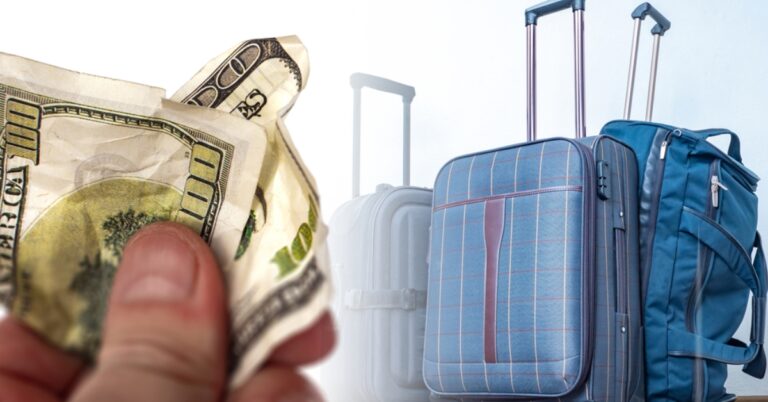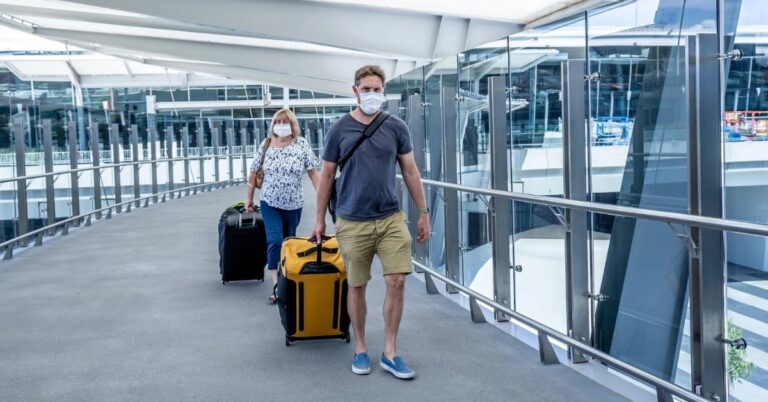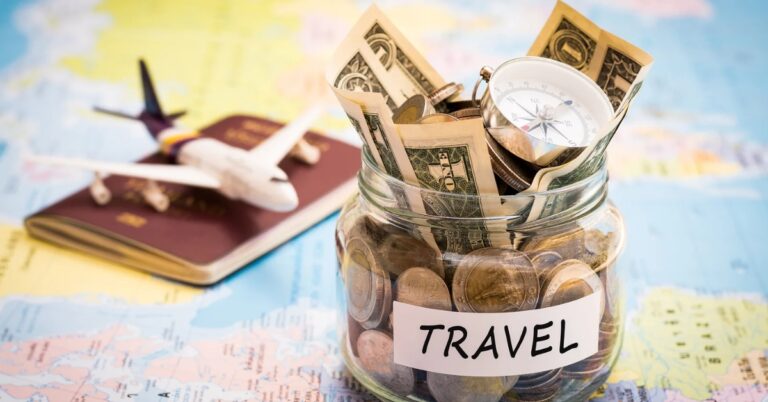Spring Travel Capsule Wardrobe 2024

Picture this: You’re jetting off on a spring adventure, suitcase in tow, feeling light as a feather. No more lugging around a heavy bag or fretting over what to wear each day. Sound like a dream? Welcome to the world…








